Author: GMB Akash
"I see the beauty of people and the human soul in the pictures I take. And though the circumstances of some of the people I portray may be grim, back-breaking, depraved, the people themselves are always remarkable characters and souls"
For me Photography is my language, to access, to communicate, to identify and mostly to make it hear. Through photography I only jot down my heart’s language. The best part about being a photographer is that I’m able to articulate the experiences of the voiceless and to bring their identities to the forefront which gives meaning and purpose to my own life.
View all posts by GMB Akash
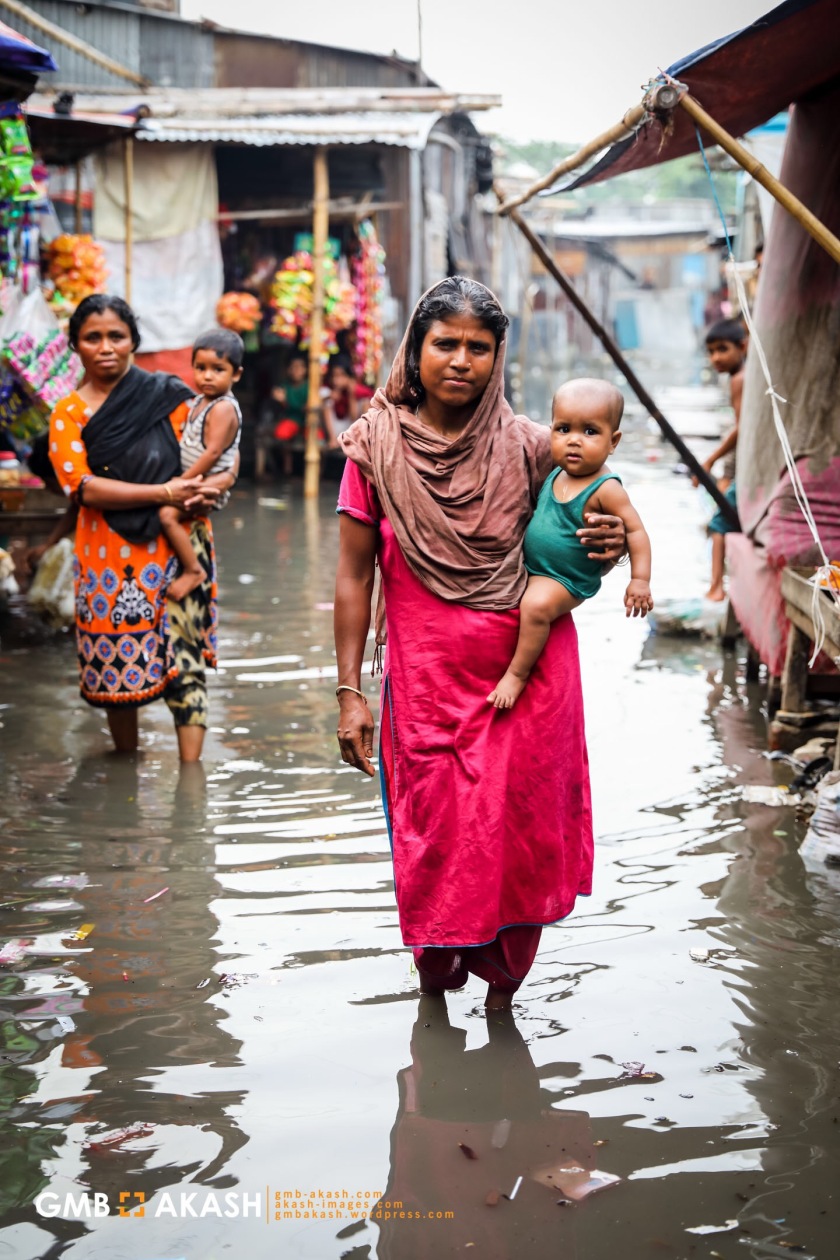
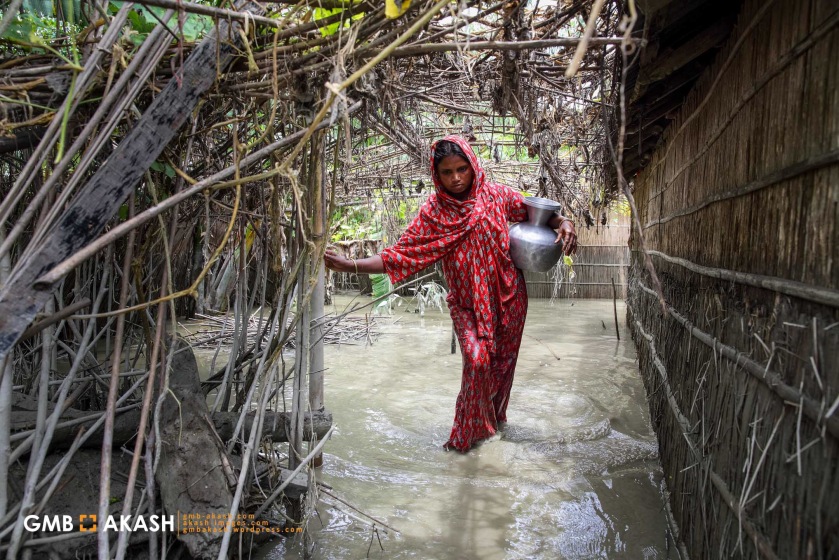
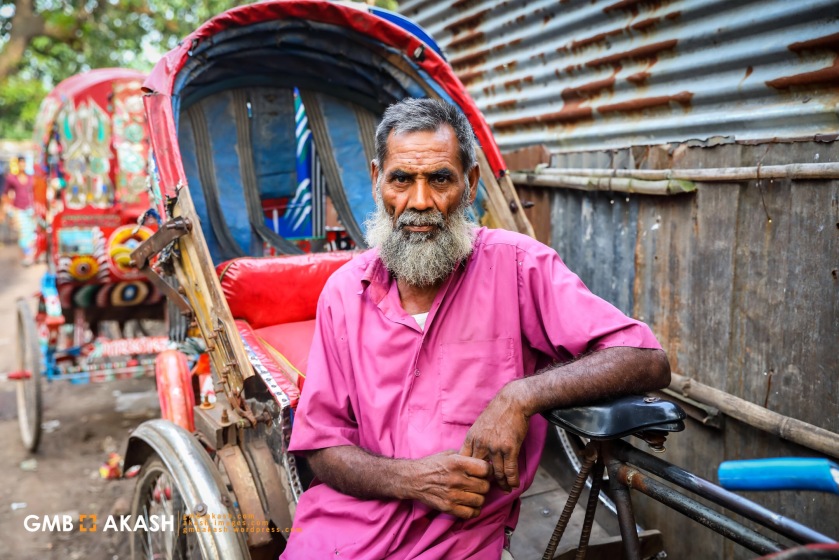
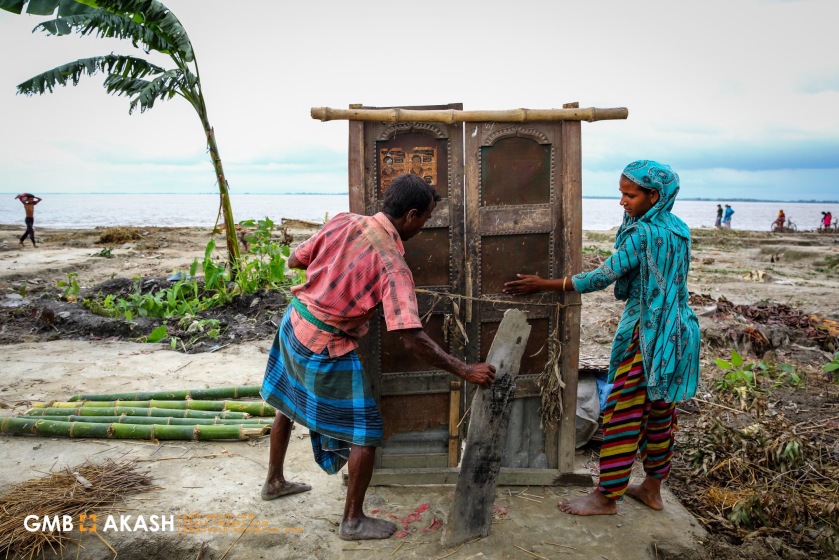
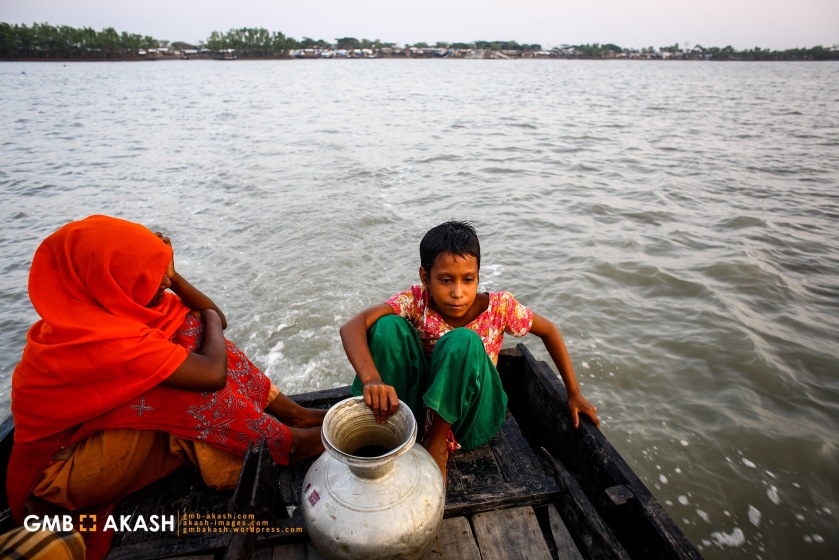
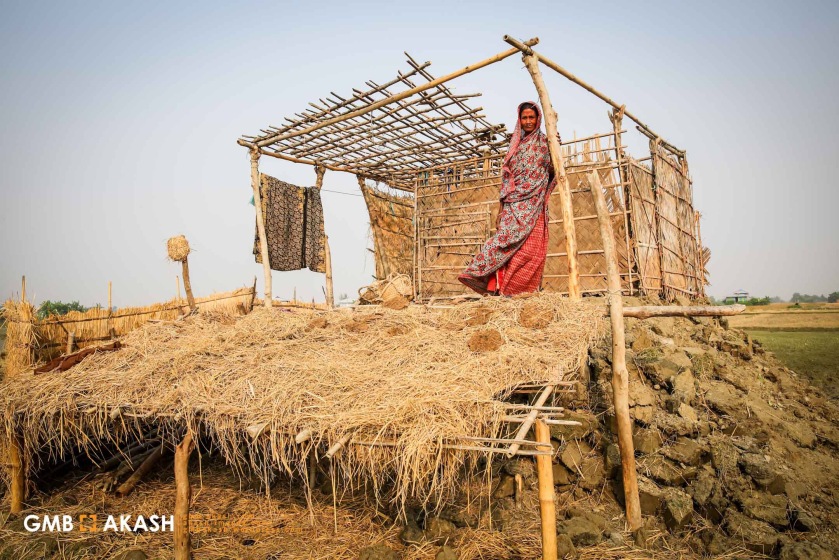
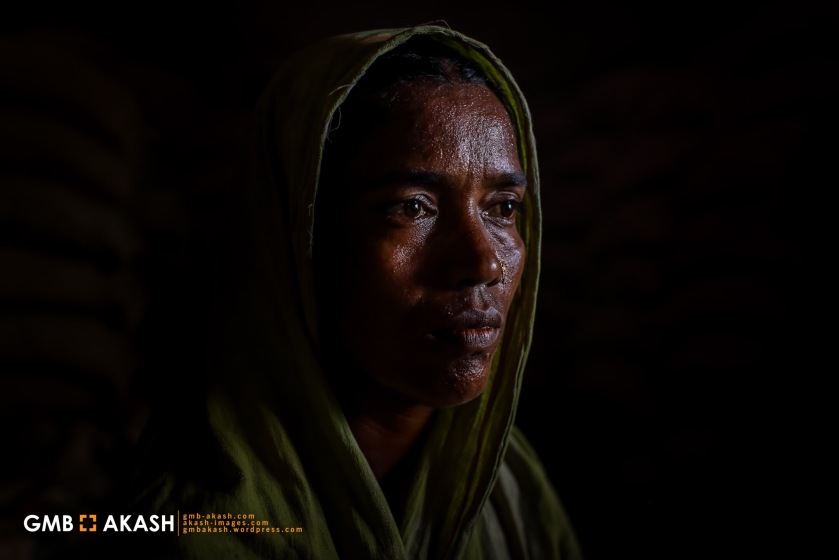
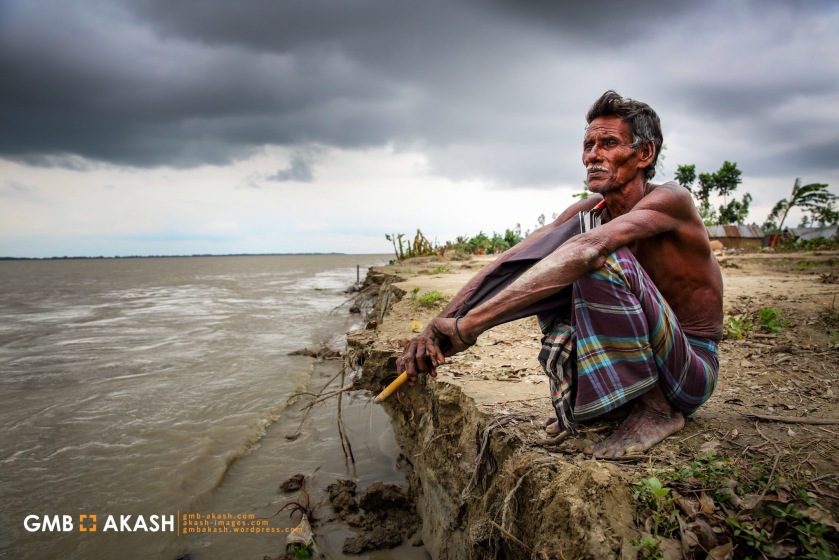
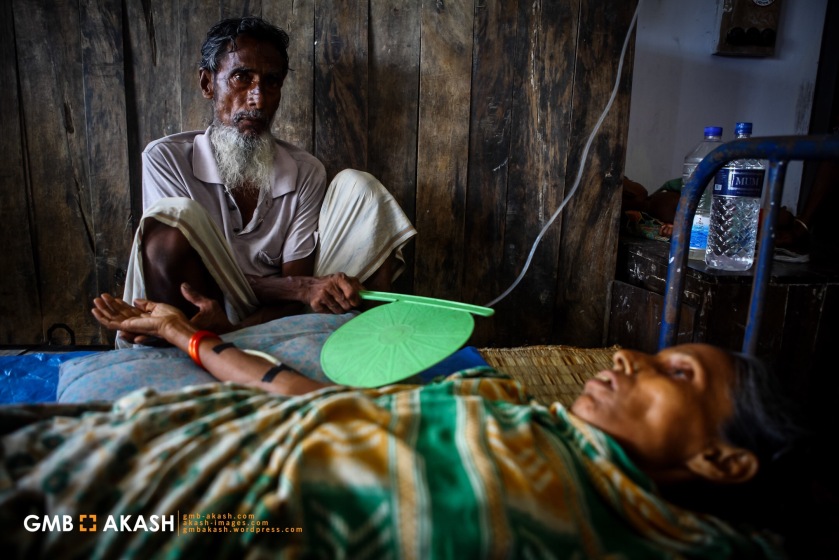
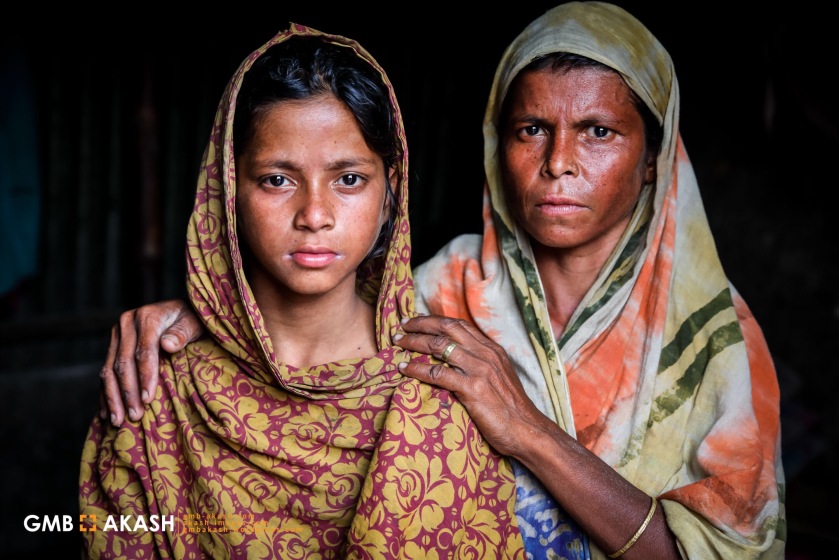
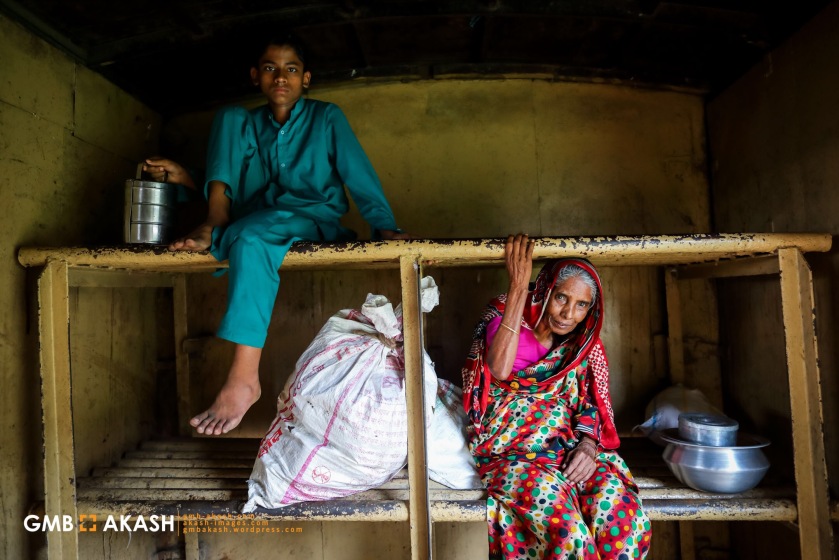
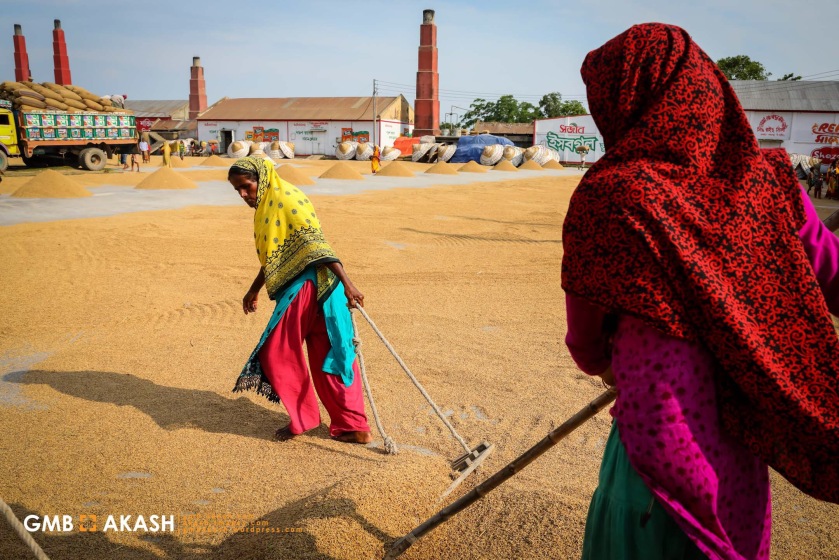
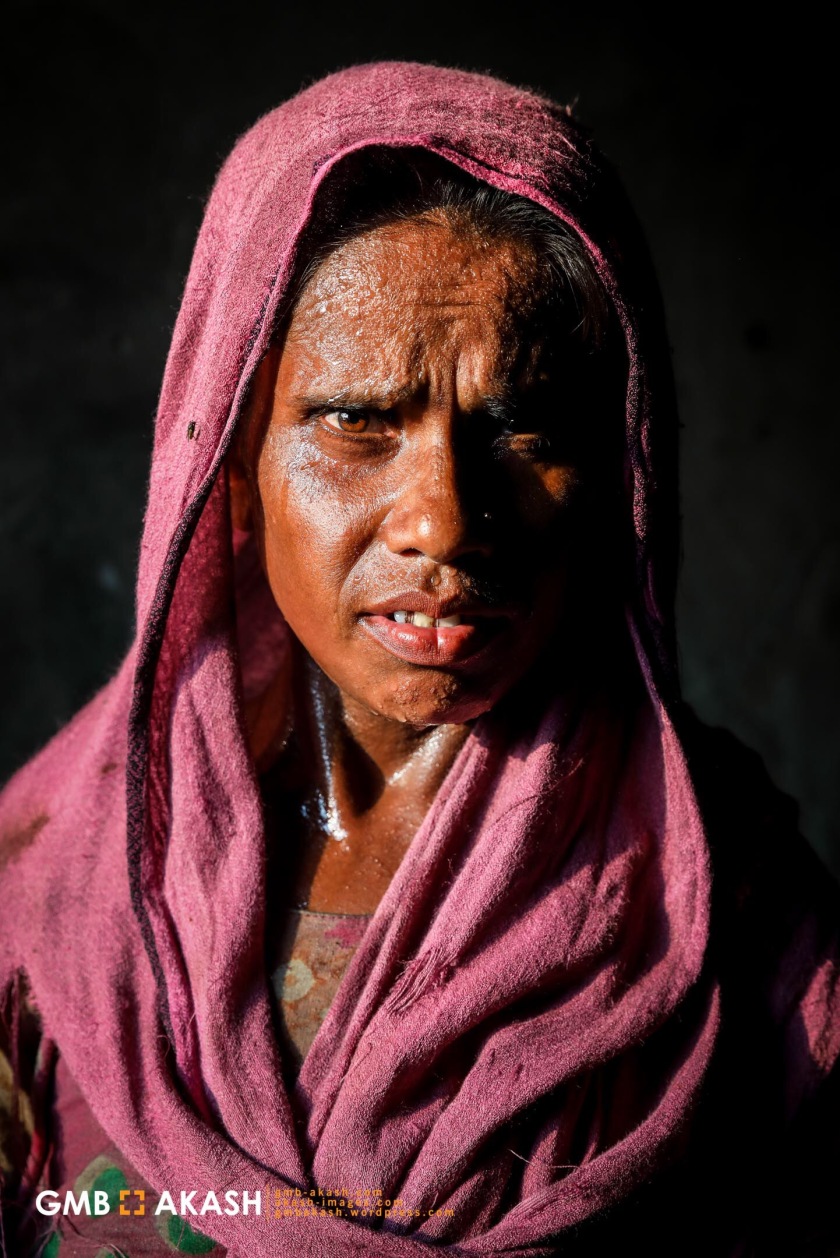
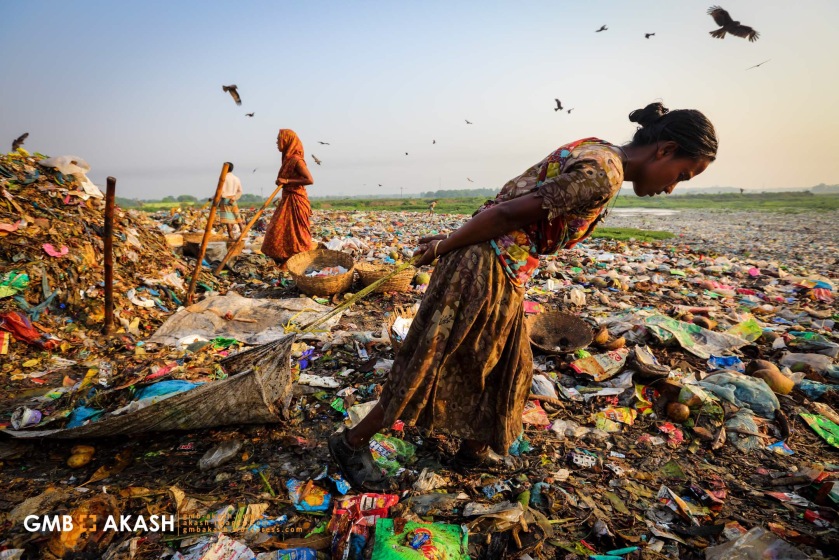
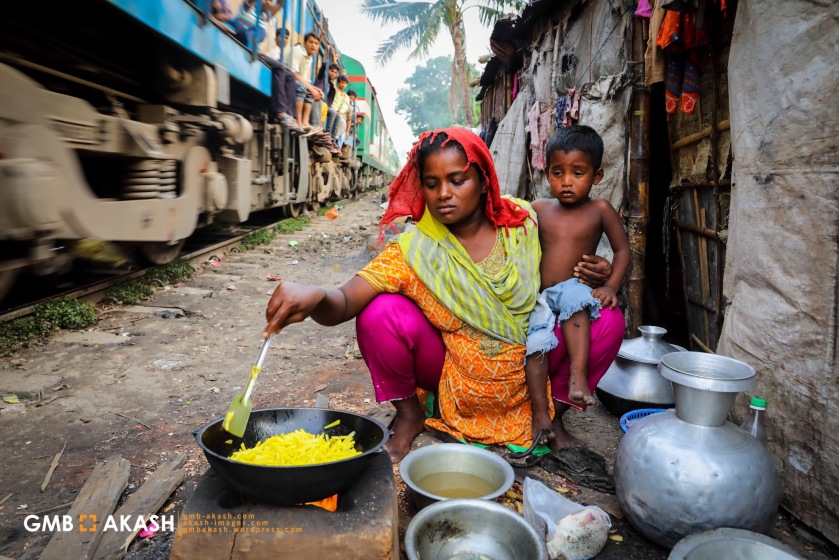
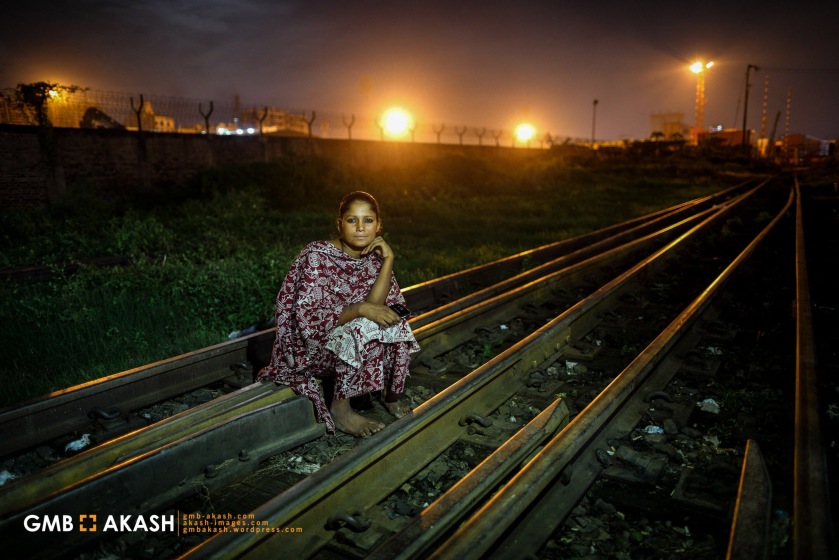
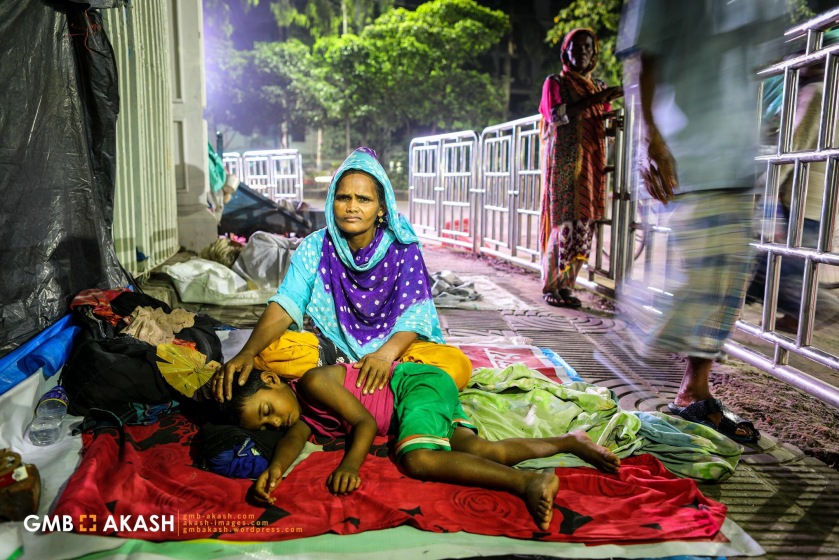
Putting pen to paper is the most powerful way to invite the Universe to support your dreams.
Congratulations for a wonderful Blog and thank you for working on this important issue going on.
LikeLike
Thank you from the bottom of my heart GM Akash. My hearts both soars and is saddened looking at the photos of these beautiful people, and reading some of their stories. I have visited your blog occasionally, and always been moved. But this morning, as I sit comfortably with my wife in our wilderness home contemplating the injustice that the rich of the world (myself foremost) inflict on the innocents – it only makes me deepen my resolve to continue onwards with the purpose of my life work of promoting renewable energy and appropriate use of resources and technology to benefit all of humankind and the earth…. not to destroy one another but rather lift one another up.
You, and these suffering souls you speak for, bring to me your resolve and your hope, your your sorrows and your love, your action and your lives. All this amidst a world gone mad, when we need so urgently wisdom and togetherness. This may sound polemic…. but I swear on all I have learned in life that is true and right, that to you and the people you have become a voice for – I will do my part to bring about transformation of the world.
I want to recall back in the early 2000’s when I spoke up here on the west coast of Canada warning the “powers that be”. There was a review of ending the moratorium of oil and gas exploration off the Northern Coast of Vancouver Island where I live. I mentioned numerous times in my presentation that the continued increasing exploration and consumption of fossil fuels will affect poorer countries, mentioning that Bangladesh is one of the worlds most vulnerable nations in this regard . Even though from the action of 100’s of local submissions the moratorium remains to this day, I am so sad that the effects of climate change still have devastated your people and country of origin.
There is much work we continue to fight for climate action, for climate justice, for social justice… I want you to know (and to tell the people you are with) that many people here in Canada and the “rich world” are working for you, for example to stop the transportation of more and more oilsands from Alberta… here in British Columbia we have a government of Greens and Social democrats who are working very hard to change things and begin to turn the world around.
The eyes of the people, their hands – the stories and troubles. I’m reminded of the paradoxic I learned as a child…. the first will be last and the last will be first – I am humbled to think of the immense courage and strength of the real poor, and homeless and hungry or starving people. Word can’t really say what I feel about this.
I’m grateful in remembering… and moved much more.
Bruce
LikeLiked by 3 people
A heartfelt response, Bruce. Akash has taken on the work of keeping us informed with his wonderful images and text. He also helps individuals directly improve the quality of their life. We are fortunate that our paths have crossed with this generous individual.
LikeLike